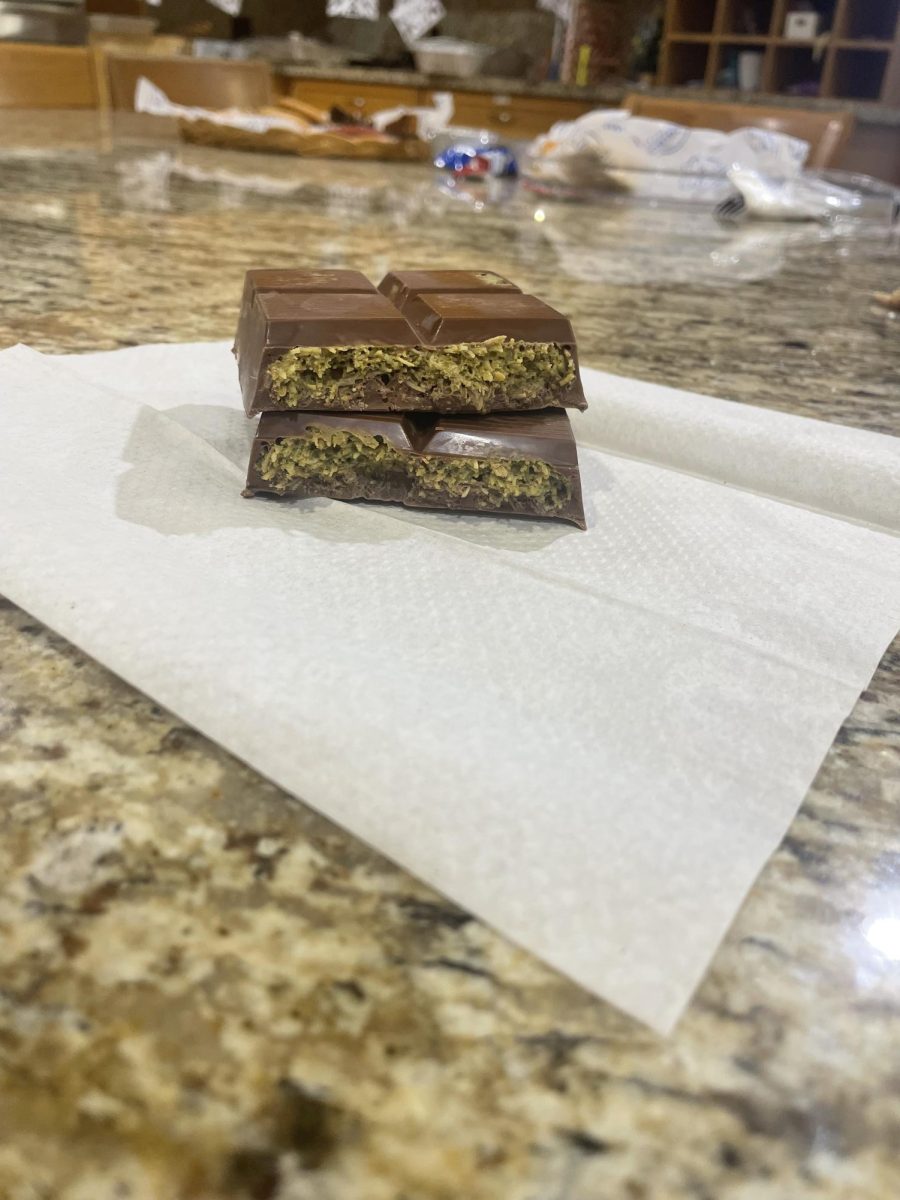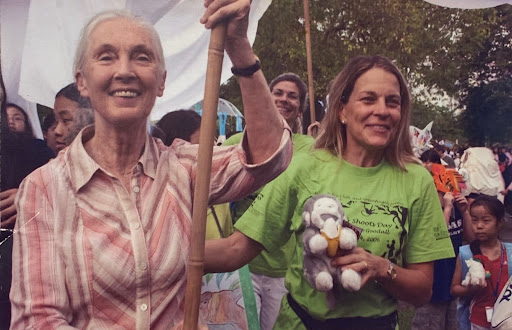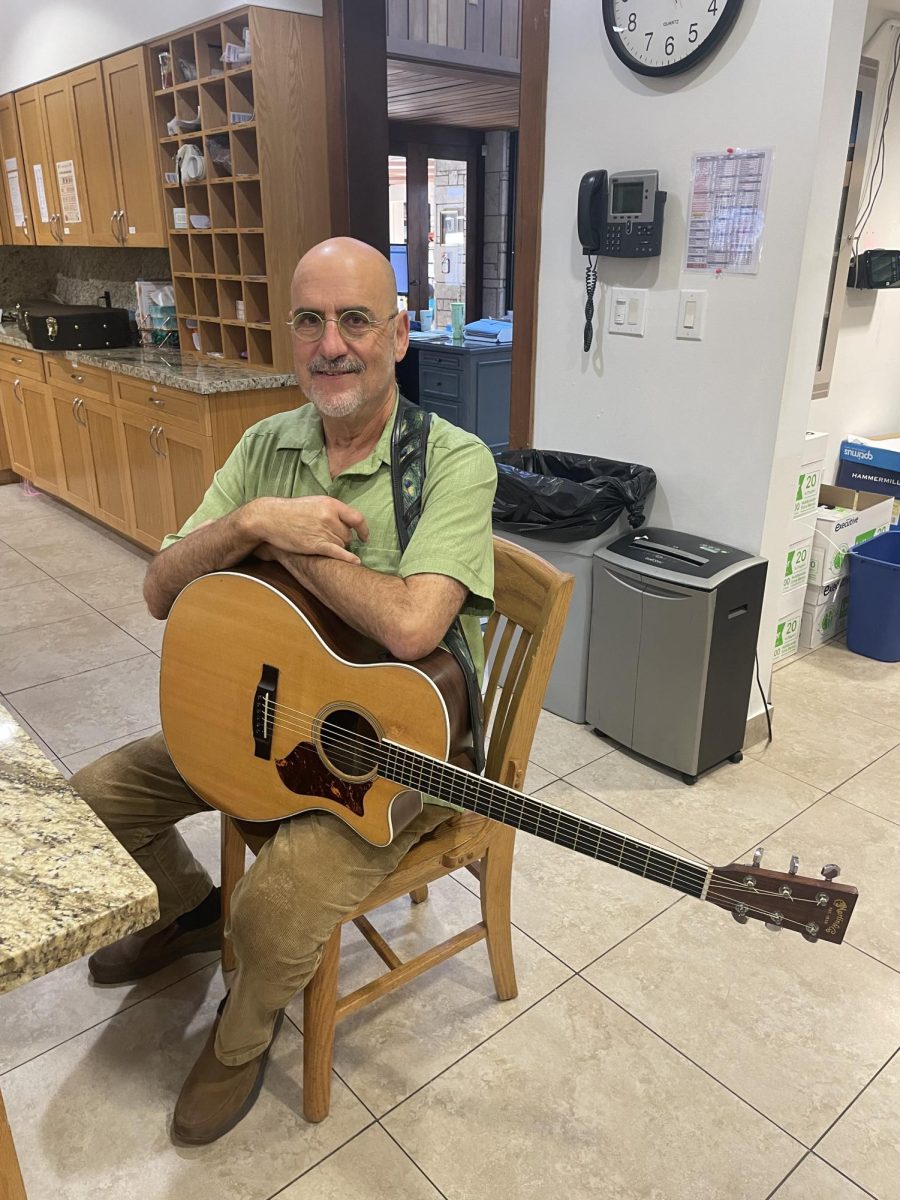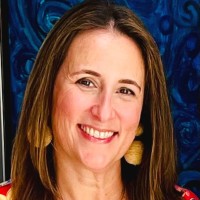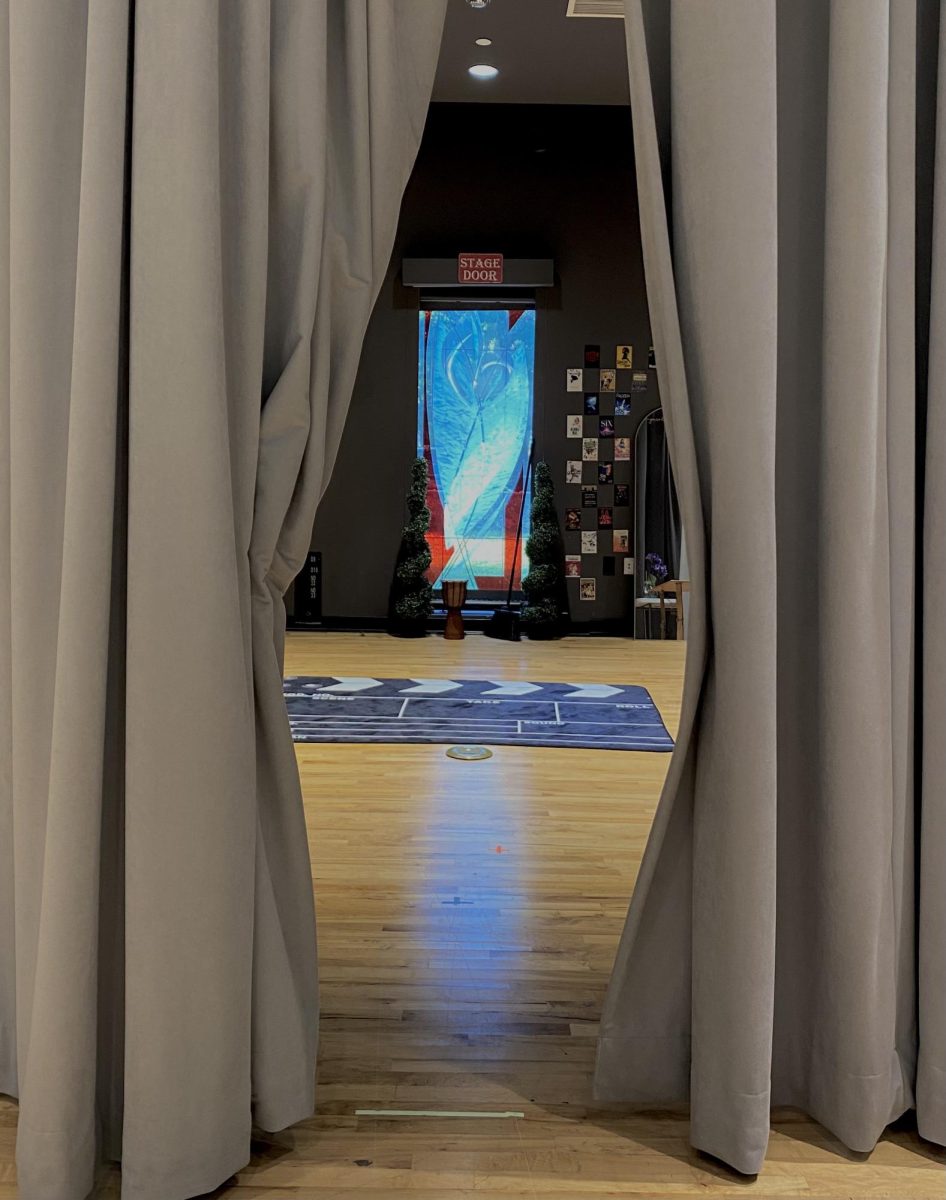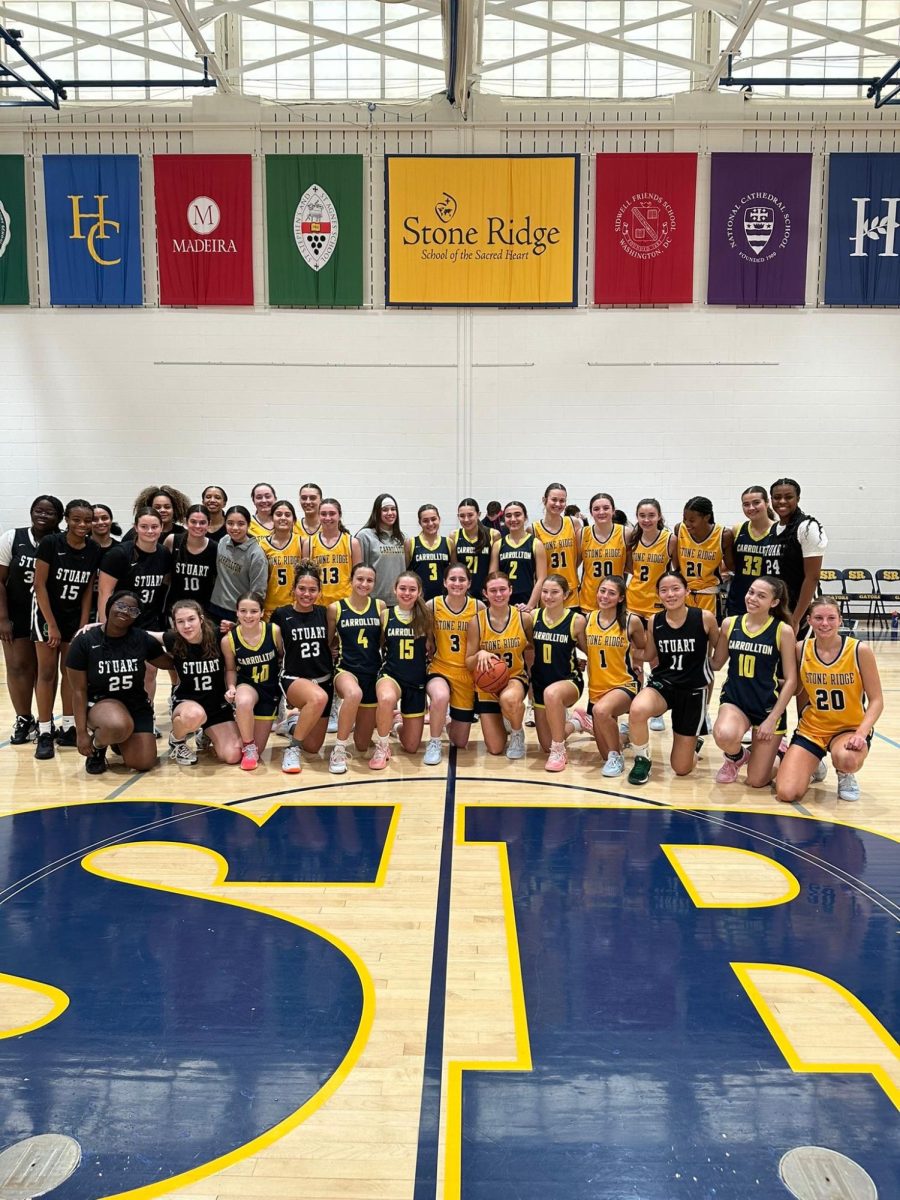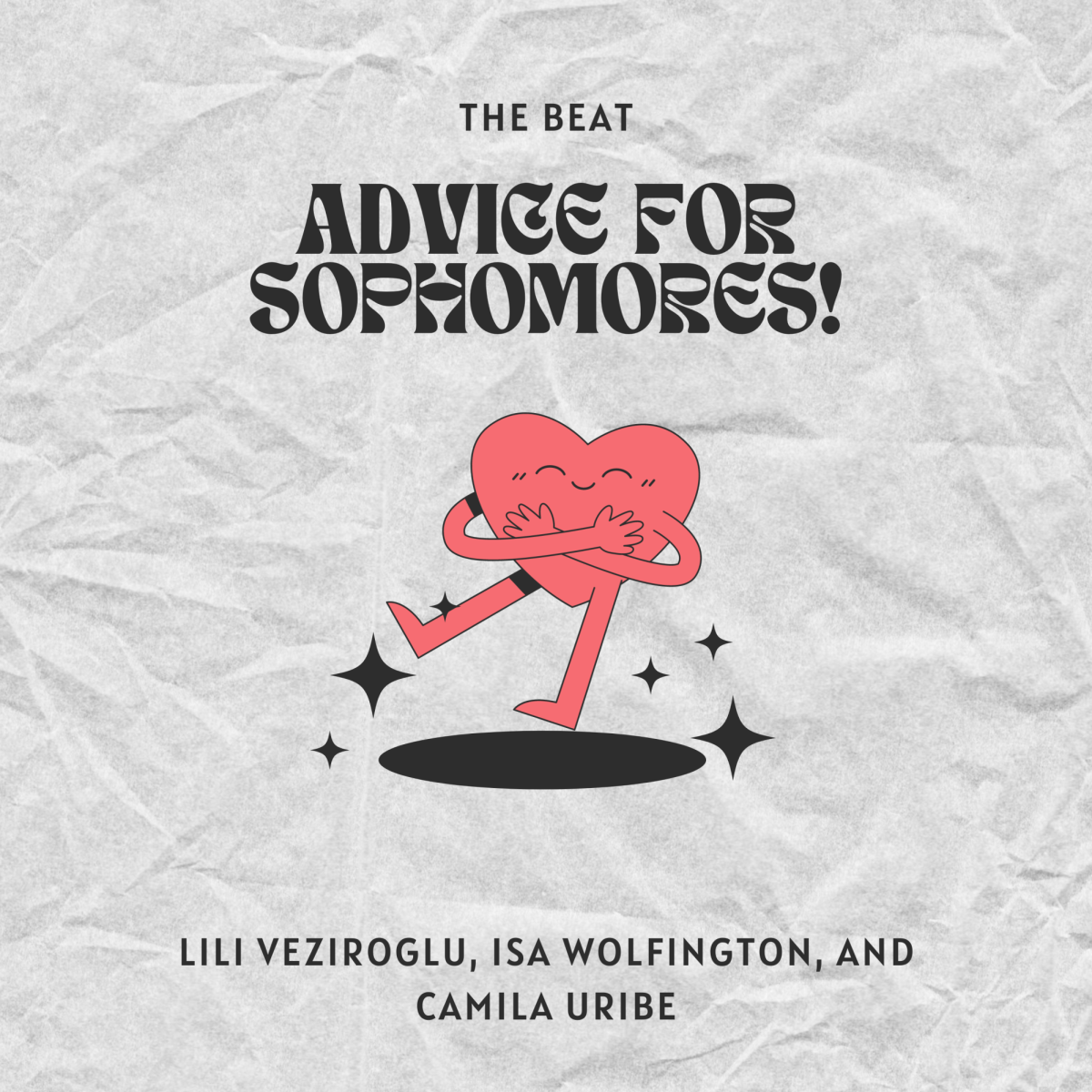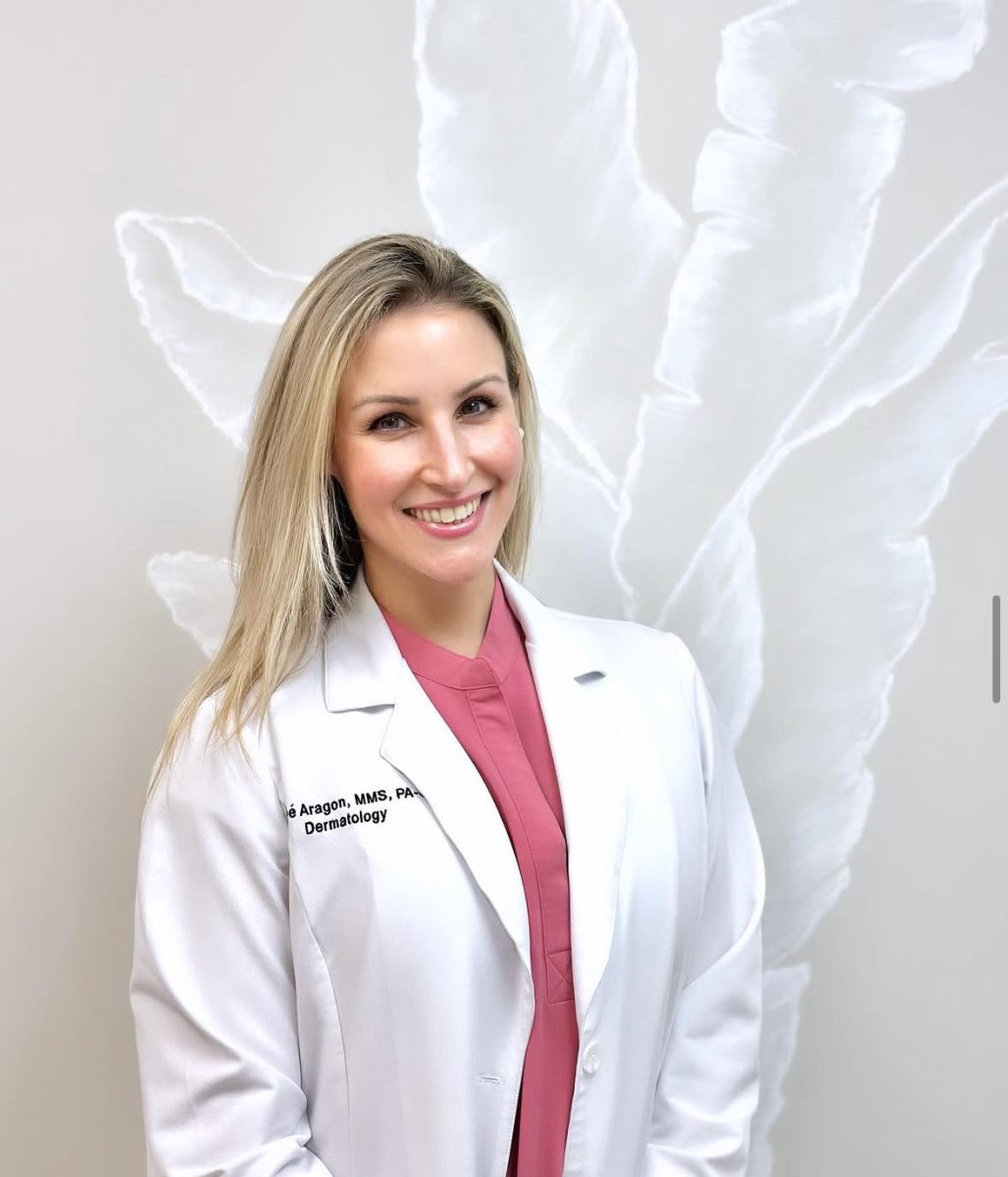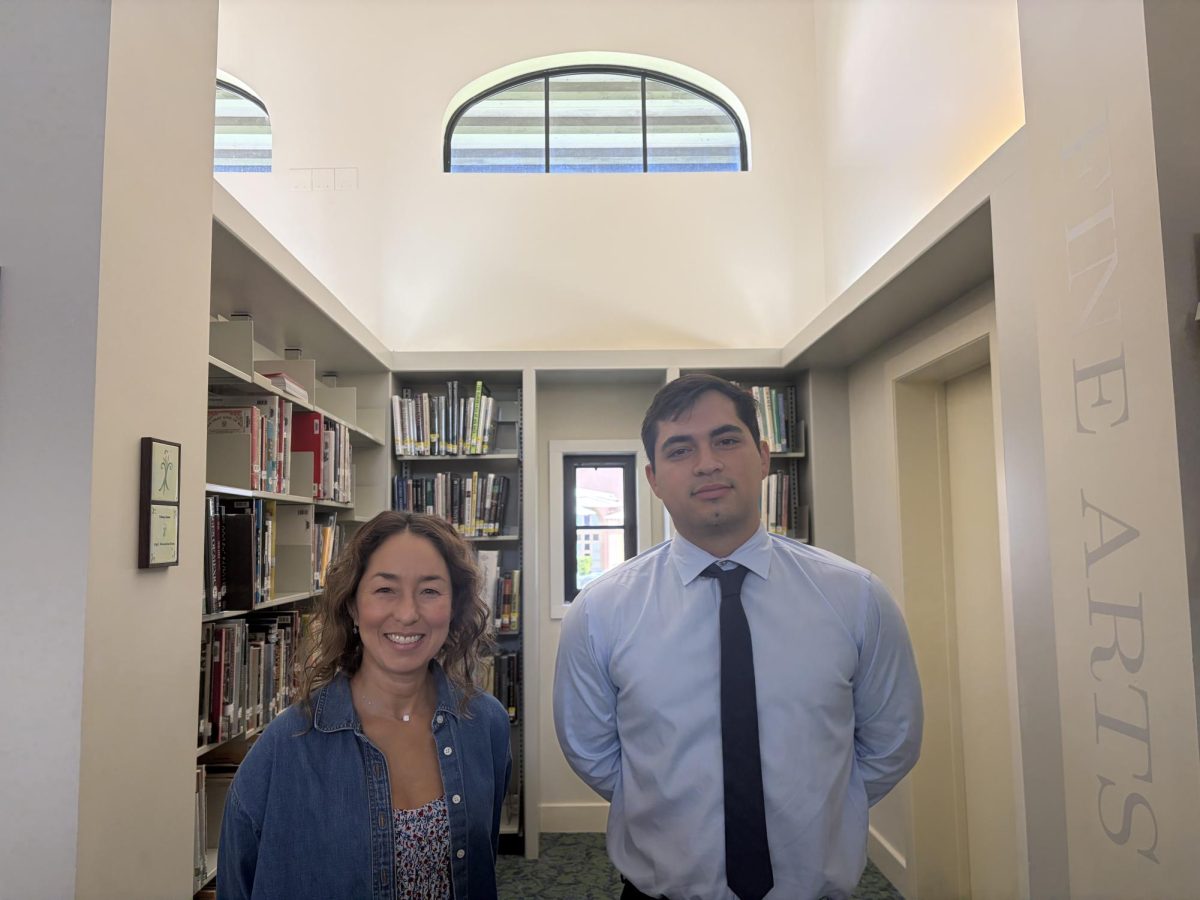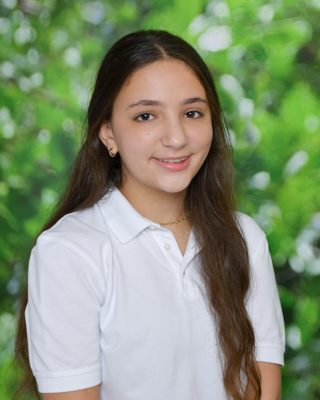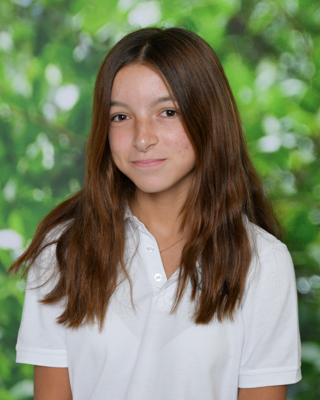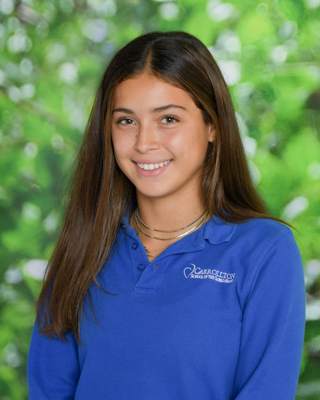To Chloe Kuhn, dermatology came as a surprise. The first time she saw a cyst, she fainted, but it only took a few months working as a medical assistant for her to discover her interest in this field. Now going to work every day is more than a job–it is a passion. This was clear when she sat down with us and talked about her unexpected journey.
The following interview has been edited and condensed for clarity.
What got you into dermatology?
Actually, dermatology wasn’t my plan at all. I was doing laser hair removal at a med spa and wasn’t thrilled with the job. Then, I met Dr. Georgette Rodriguez during a talk about lasers, and she invited me for an interview. That’s how I began as a medical assistant.
Can you describe a typical day as a dermatology PA?
Every day is different, which is exciting. I usually see about 20 to 25 patients. One might be a skin cancer check, then Botox or lip fillers, and after that, acne treatment. It’s a mix of medical dermatology and cosmetic stuff. I love this variety. One day, I might detect skin cancer, and then right after, I’m doing cosmetic treatments that boost people’s confidence. It’s a mix of health and beauty.
What conditions do you treat most often?
Acne is definitely number one. We also see many rashes and eczema. Those are the everyday cases. But now and then, we get some strange cases that challenge us.
What are some interesting or tough cases you’ve seen?
The ones that stand out are the tricky ones. We’ve had patients with weird rashes on their faces or knuckles that have turned out to be signs of internal cancers. One woman came in bright yellow, completely jaundiced. She thought it was a skin thing, but it was liver cancer and, sadly, she died within a week. On the flip side, in my first month as a PA, I had a patient with a rash in his groin that no one had biopsied. I decided to do it, and it turned out to be Paget’s disease from colon cancer. Because we caught it early, he got treatment and was saved. That showed me how important it is to listen and trust your gut.
How do you help patients who are self-conscious about their skin?
It’s not just about medicine but caring too. I had a teenage girl with bad acne who didn’t want Accutane because of other health issues like diabetes and epilepsy, so we used topical treatments and laser therapy. Over time, her skin cleared up. She cried because she was happy to feel good in her skin. Helping people feel better about themselves and gain confidence is what it’s all about for me.
What skin care tips do you give teenagers?
Always apply sunscreen, especially in Miami since people spend lots of time at the beach. Reapply it often, and don’t skip moisturizer. Many teens think they need ten products because of TikTok, but less is more. Too many creams can damage the skin. Start good habits now, wash your face twice a day. This is especially important for boys who sometimes do it only once. These simple habits help a lot later.
What’s the role of PAs in dermatology compared to doctors and nurses?
PAs are key in private practices. We help doctors see more patients and can do almost all the same procedures: Botox, fillers, biopsies, and removal of skin cancers. In dermatology, medical assistants support us while PAs handle a lot of the patient care. I love the responsibility because I can make a real impact on people’s lives.
How has technology changed patient care?
When I started, everything was in a notebook–appointments, notes, everything. Now, we have electronic records, which makes things faster. I also use apps like Epocrates to check for drug interactions, which is helpful. People use ChatGPT to check conditions, which can be useful, but you can’t depend on it completely. Technology should help medicine, not replace it.
What are the best and hardest parts of your job?
The best part is that I can do almost everything a doctor does in this field but still have a balanced life. I can treat acne, perform cosmetic procedures, remove skin cancers, and also spend time with my kids. The hardest part is giving bad news like telling someone they have melanoma. On the cosmetic side, sometimes patients aren’t happy even when we see improvement, and managing those expectations can be hard. Overall, the good outweighs the bad by far.
What advice would you give your younger self before starting this career?
I’d remind myself to be patient with myself and the patients. People come to us because they’re looking for help and answers. As long as I give them time, explain clearly, and do my best, I know I’m making a difference. That’s what is important.










